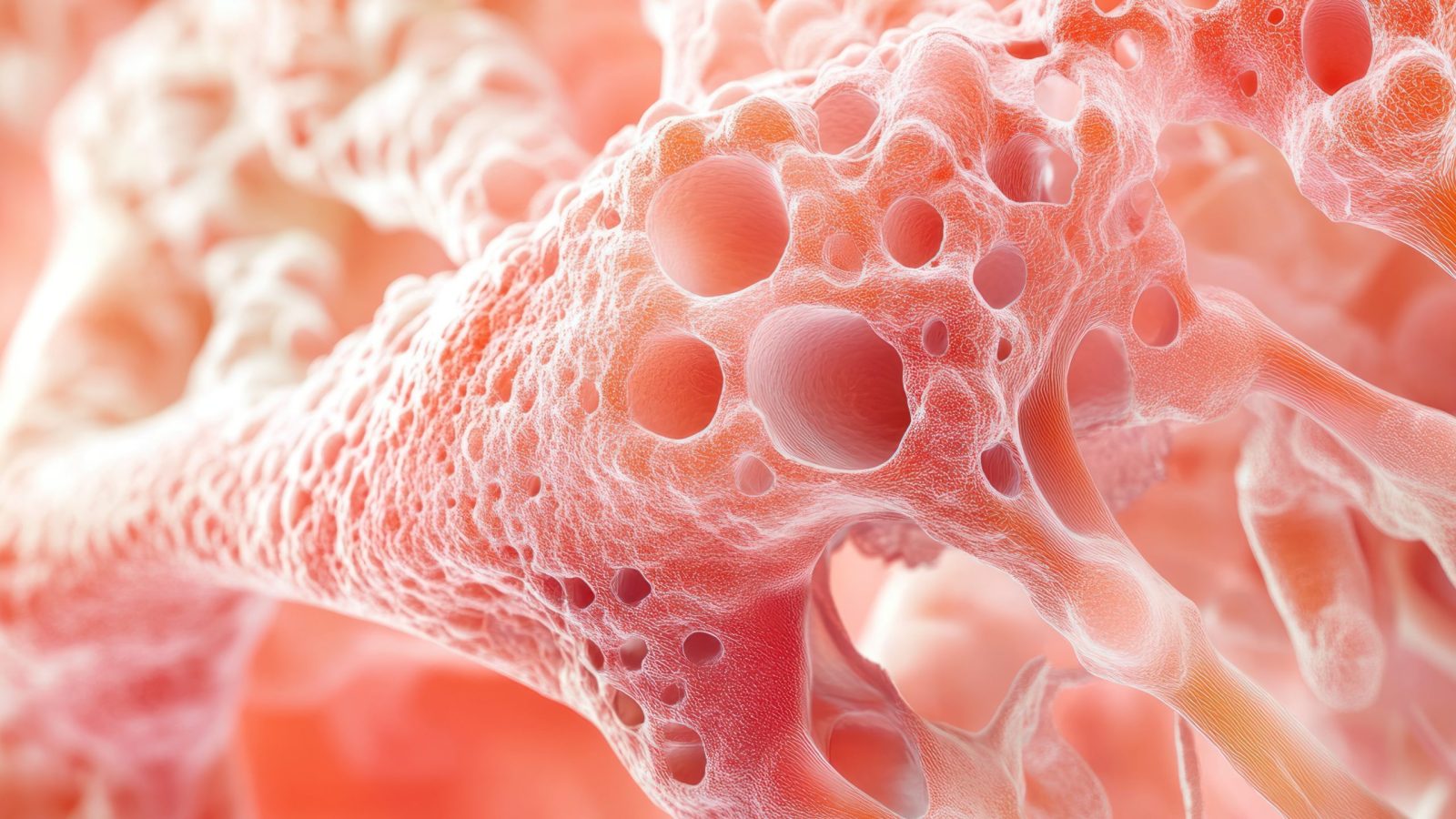Musculoskeletal Cluster
Understanding the role of genes in common musculoskeletal diseases and identifying new treatments
Related news
29 January 2026
FGx at The Festival of Genomics & BioData 2026
5 December 2025
Exeter researcher selected for inaugural BioFAIR Fellowship to advance FAIR data practices
27 November 2025
Functional Genomics Screening Laboratory wins OBN Award for Most Impactful Industry Collaboration
25 November 2025
Symposium 2026 Speakers Announced
23 September 2025
Job Vacancy Developmental Neurobiology, King’s College London
17 September 2025
UK Human Functional Genomics Initiative Secures Funding to Expand AI Training for Researchers
16 September 2025
Job vacancies Bioinformaticians and Research Software Engineers, Exeter
10 September 2025
Welcome our new Senior Data Lead
9 September 2025
Milner Institute announced as finalist for 2025 OBN Award








